Clancy Tucker's Blog, page 57
February 28, 2021
2 April 2021 - GREAT PHOTOGRAPHS FROM THE PAST

GREAT PHOTOGRAPHS
FROM THE PAST
G'day folks,
Welcome to some black and white photographs from the past. You might see someone you recognise.
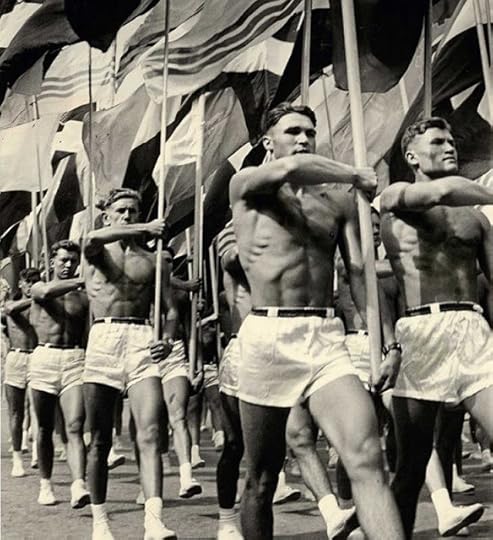

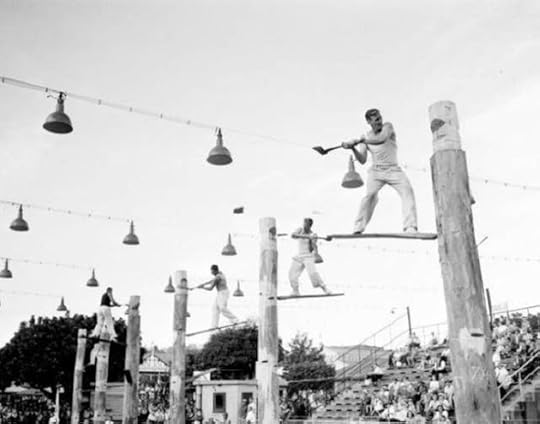



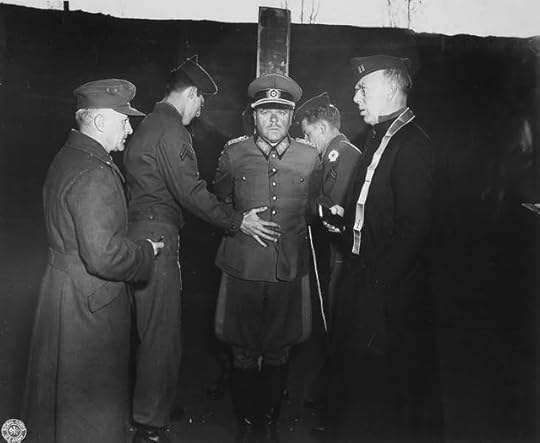
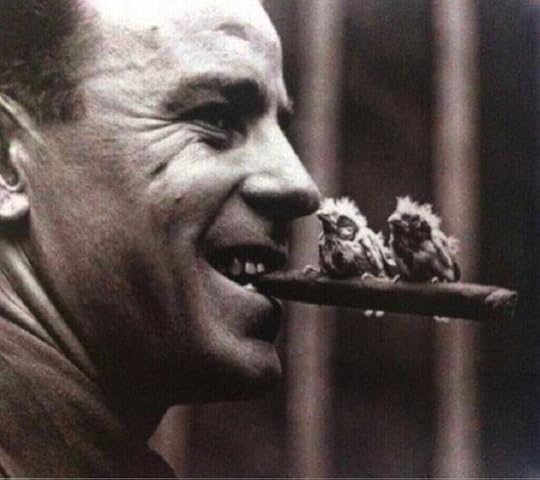
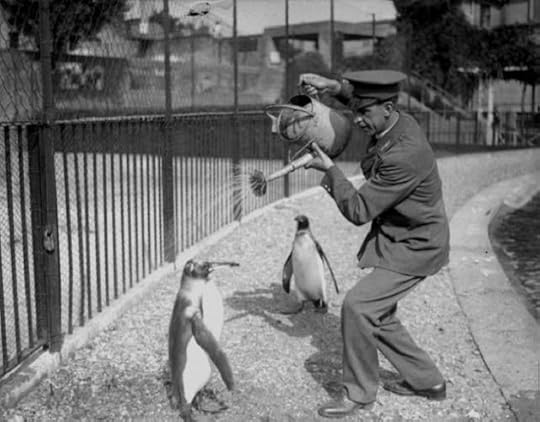

Clancy's comment: Recognise any famous faces?
I'm ...

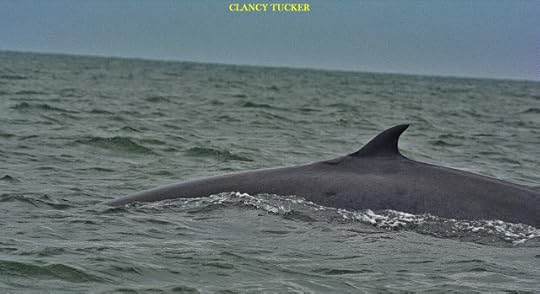
1 April 2021 - HOW GOOGLE GOT STARTED

HOW GOOGLE
GOT STARTED
G'day folks,
The foundation of Google, an invention that undoubtedly changed all of our lives, was the result of a chance encounter between founders Larry Page and Sergey Brin. In 1995 Brin, then a second-year grad student in computer science, volunteered to be a tour guide for prospective students at Stanford University. Among them was Page.
It’s hard to say it was love at first sight. The two even recalled finding each other obnoxious. "But we say it a little bit jokingly. Obviously we spent a lot of time talking to each other, so there was something there,” Brin told Wired.
Several months later, Page’s dissertation on the World Wide Web turned into a much bigger project, involving a prototype search engine, originally named BackRub. But he needed someone to help him build the system, and so he teamed up with his former tour guide, who also happened to be a prodigious mathematician. The rest, as they say, is history.

Clancy's comment: There ya go. Another interesting couple who probably met by chance.
I'm ...


1 March 2021 - TOMOKO SATO'S MAGNIFICENT CARVINGS
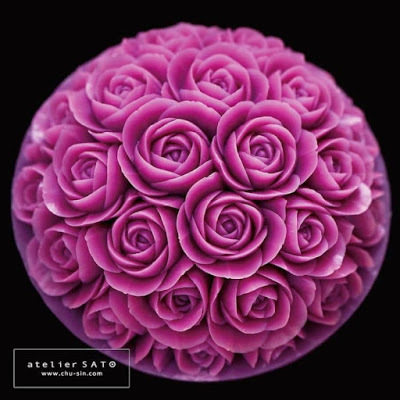
TOMOKO SATO'S
MAGNIFICENT CARVINGS
G'day folks,
For an artistic mind, even a seemingly boring ordinary object can become an art medium.
The Japanese artist, Tomoko Sato, for example, works with things most of us reserve for the fridge - radishes, watermelons, apples, and other fruit and veg. The artist is inspired and incorporates techniques from Thai fruit carving art, an indispensable traditional element of Thai New Year (Songkran) celebrations.
Needless to say, the carving of such intricate designs on food requires a great deal of skill and precision. Here are gorgeous examples of these edible masterpieces. After seeing these beautiful food carvings, you’ll never look at an apple or watermelon the same way again!

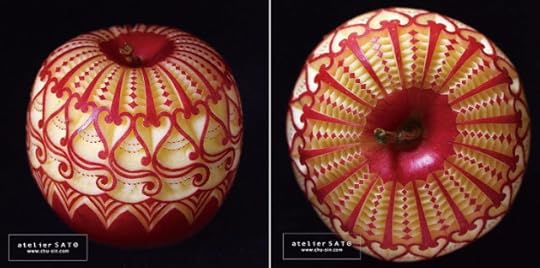
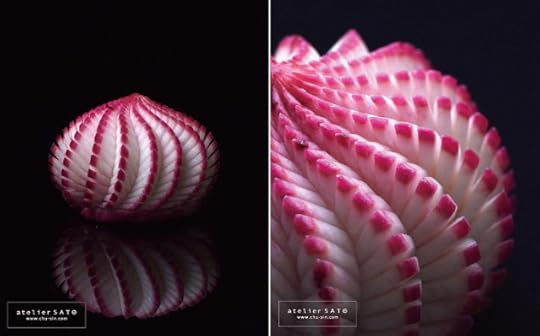
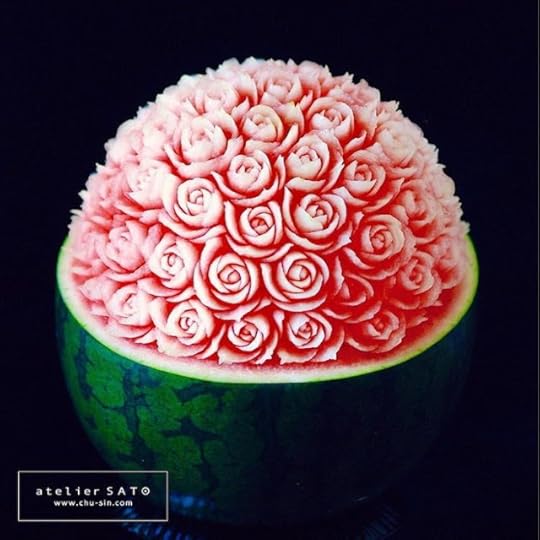
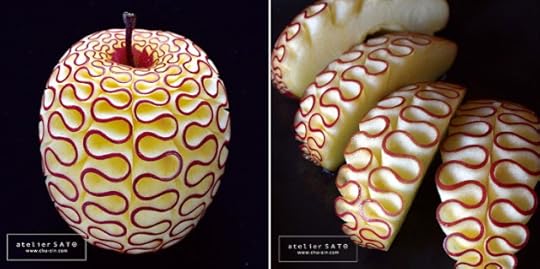


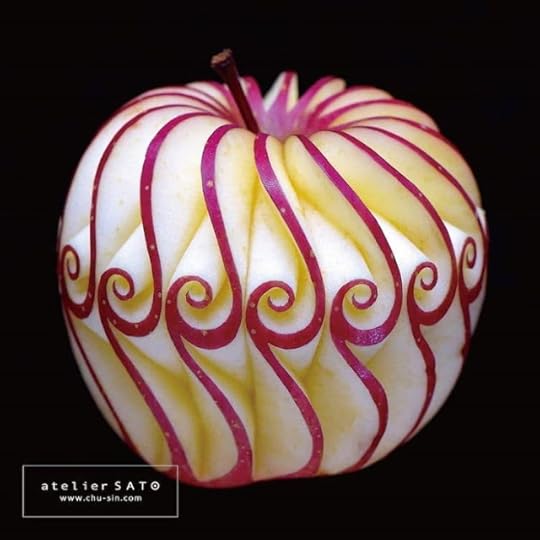

Clancy's comment: Imagine how long these took to create?
I'm ...

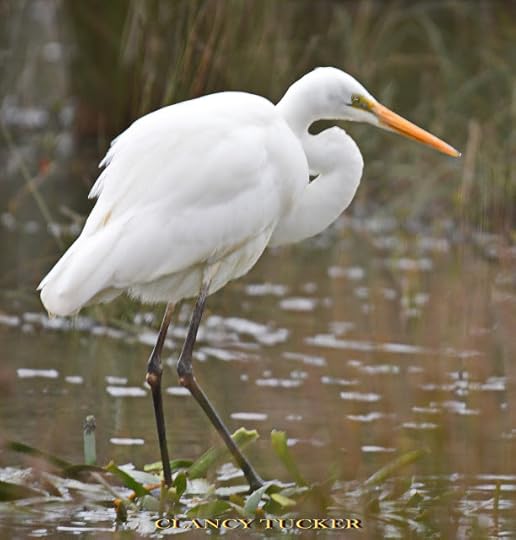
February 25, 2021
26 March 2021 - ANCIENT GLOBE CARVED INTO OSTRICH EGGS
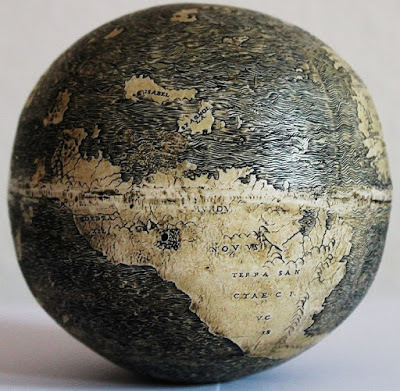
ANCIENT GLOBE CARVED
INTO OSTRICH EGGS
G'day folks,
Thought to have been created around 1510, this may be the oldest globe depicting the New World. What’s unique about this globe is that it’s carved on an ostrich egg and is the size of a grapefruit. The globe, made from the lower halves of two ostrich eggs, was discovered by an Austrian collector and is labeled in Latin. Interestingly, North America is depicted as a group of scattered islands, and for many countries and territories in the world, like Japan, Brazil, and Arabia, this is the oldest known engraved depiction on a globe.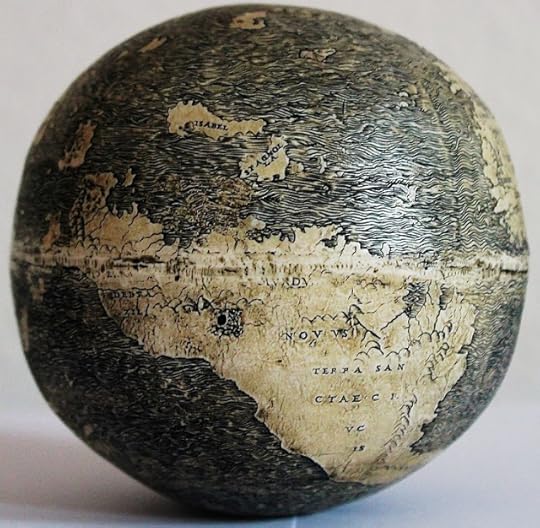
The Washington Map Society believes it to be the oldest surviving engraved globe to show the New World and mentions that it “contains ships of different types, monsters, intertwining waves, a shipwrecked sailor, and 71 place names, and one sentence, “HIC SVNT DRACONES” (Here are the Dragons)”.
 Clancy's comment: Wow. That's an interesting find.
Clancy's comment: Wow. That's an interesting find.I'm ...


24 March 2021 - ANCIENT BOOT FOUND IN SIBERIA
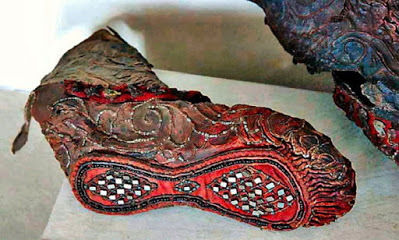
ANCIENT BOOT
FOUND IN SIBERIA
G'day folks,
This exquisitely-designed women’s boot was discovered in Siberia's Altai mountains in 1948. This stunning shoe is believed to be 2,300 years old and was worn by a Scythian woman around 300–290 BC. Ancient Scythians, also called Scyth, Saka, and Sacae, were nomadic people who traveled through the Eurasian continent. This shoe features elaborately bedazzled patterns and is made of leather, textile, tin, and gold. The immaculate condition of the shoe has mystified historians.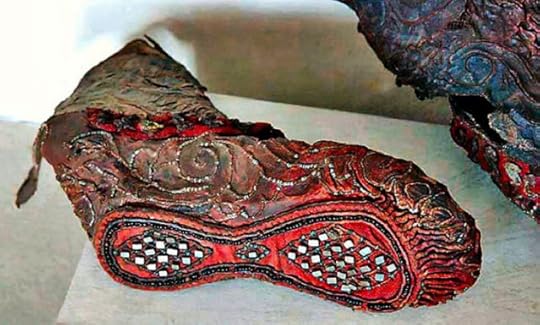
Many believe that this might be because such shoes were particularly made for Scythian burial mounds. Scythians were known to construct wooded structures deep in the ground to place their dead. Each body was placed inside a log coffin, along with many of their essentials, which they thought their dead needed for the eternal rides of the afterlife. This red cloth-wrapped leather boot, now a part of the State Hermitage Museum‘s collection in St Petersburg, Russia, is likely to have belonged to a high-ranking woman.
 Clancy's comment: That is one flash boot. Nike would be proud of it.
Clancy's comment: That is one flash boot. Nike would be proud of it.I'm ...


17 March 2021 - D-DAY TANKS FOUND IN ENGLISH CHANNEL
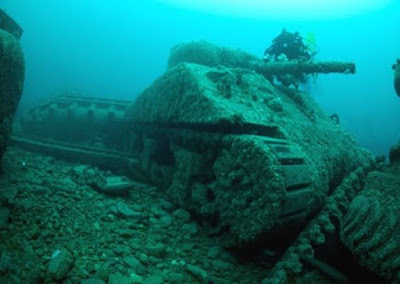
D-DAY TANKS FOUND
IN ENGLISH CHANNEL
G'day folks,
The deep ocean can easily win the title of the most mysterious place on earth. After all, we do know more about outer space than we do about the darkest depths of our seas.
But humans are a curious species, and the ocean is continually being explored. Naturally, in some of these expeditions, people have found some mysterious and fascinating objects, hidden deep in the water. Some are historical artifacts, some hold an inexplicable mystery around them.
In 2008, scuba divers in the English Channel stumbled across two massive army tanks on the ocean floor. An investigation revealed it was quite a significant find - the two vehicles dated back to the Second World War. Found eight miles off the West Sussex Coast, the tanks were relatively well-preserved with the guns still intact.
After checking for minute details of the tanks against historical records, investigators managed to identify them as rare British Centaur CS IV tanks. The historic weapons were meant to be used in battle during the D Day landings but never arrived. Historians discovered the tanks fell overboard when a landing craft capsized on its way to the beaches of Normandy on June 6, 1944.

Clancy's comment: I wonder what else is down there?
I'm ...


14 March 2021 - A 3,400-year-old artist's palette found in Egypt
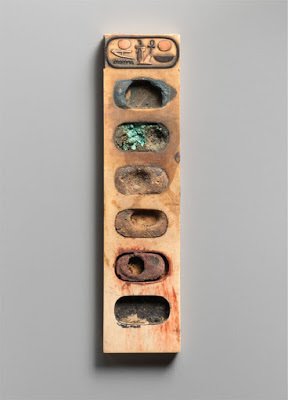
A 3,400-year-old artist's
palette found in Egypt
G'day folks,
You’ve probably heard or read stories of various ancient artifacts such as amulets, symbols, rings, and many iconic historical structures in your school history books.
These fascinating items are incredibly important as they give us glimpses of how life used to be once upon a time for our ancestors. Since there were no cameras back then, these rare artifacts help create an image in our mind of that world gone by.
This painter's palette is believed to have been carved around 1390–1352 BC from a single piece of ivory. Amazingly, you can still see the cakes of pigments including blue, green, brown, yellow, red, and black in its wells.
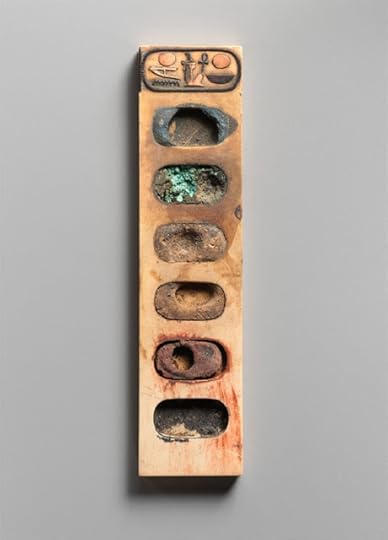
An inscription of the pharaoh Amenhotep III in hieroglyphics and the epithet "beloved of Re" can also be seen in this ancient palette which is safely kept at the Metropolitan Museum of Art. Historians say that during the reign of pharaoh Amenhotep III in ancient Egypt, art and culture were on the rise and this old palette is a wonderful reminder of that.

Clancy's comment: I find these discoveries fascinating.
I'm ...


February 23, 2021
24 February 2021 - ENGLISH WORDS THAT HAVE BEEN LOST

ENGLISH WORDS
THAT HAVE BEEN LOST
G'day folks,
Welcome to some English words that have lost their use.

boreism
n
1833 -1839
behaviour of a boring person
The professor, while brilliant, was afflicted by boreism when lecturing.
boscaresque
adj
1734 -1734
picturesque; scenically wooded
Despite northern England's industrial pollution, parts of it remain boscaresque.
brabeum
n
1675 -1675
reward or prize
Without some brabeum, the students will have no incentive to work harder.
brephophagist
n
1731 -1875
one who eats babies
The character Fat Bastard is a disgustingly obese Scottish brephophagist.
brochity
n
1623 -1678
projecting or crooked quality of teeth
His parents later regretted that they did not correct his brochity in his youth.
bromography
n
1860 -1860
a treatise on food
It's not enough to write a bromography - today's celebrity chefs need to be on TV!
bubulcitate
v
1623 -1678
to act as a cowherd; to cry like a cowherd
When their cat went missing, they were on the street bubulcitating for weeks.
buccellation
n
1657 -1731
act of dividing into small morsels
The buccellation and apportionment of their rations was the subject of heated argument.
bumposopher
n
1834 -1886
one learned in bumps; a phrenologist
Craniology has progressed greatly since the days of bumposophers.
cacatory
adj
1684 -1753
accompanied by loose bowels
For the diners, the effects of the chicken cacciatore, alas, were cacatory.
cacozealous
adj
1656 -1696
imitating badly; poorly affected
Her cacozealous attempt at mimicking her boss bordered on being offensive.

Clancy's comment: Mm ... some of these are extraordinary.
I'm ...

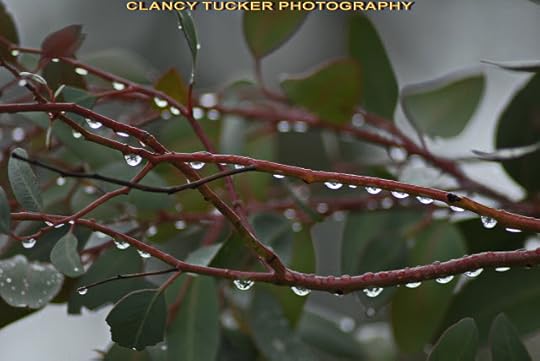
February 22, 2021
19 March 2021 - THE STORY BEHIND THE ICONIC PHOTOGRAPH
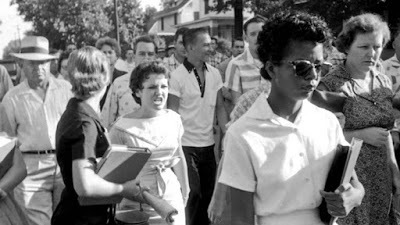
THE STORY BEHIND
THE ICONIC PHOTOGRAPH
G'day folks,
The photograph of Elizabeth making her way to school while a white mob is trailing behind her and hurling insults has become an iconic image for the civil rights movement.
The story of Eckford and the girl behind her, Hazel Bryan whose face is contorted mid-shout is no less than fascinating. In 1957, Eckford was one of the first nine African-American students to enroll in the all-white central high school of Little Rock, Arkansas - a group that would later be known as the Little Rock Nine. It did not go smoothly, as the infamous photo reveals. There was a whole mob trying to prevent Elizabeth from entering the school, but Hazel was the one caught most vividly on camera.
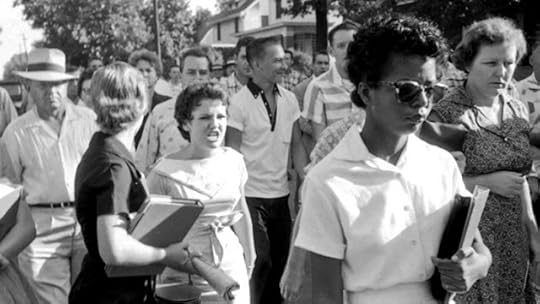
Benjamin Fine of The New York Times later described her, she was “screaming, just hysterical, just like one of these Elvis Presley hysterical deals, where these kids are fainting with hysteria”. After the photo made headlines, Hazel’s parents decided to pull her out of Central and send her to a different school. Over the years, as she learned more about African-American history, Hazel started feeling remorseful and ashamed at the way she behaved that day.
In 1963 she tracked down Elizabeth and called her to apologize. Elizabeth briefly accepted the apology, and the two did not speak again for years. The year 1997 marked the 40-year anniversary of the Little Rock Central High School integration. Then-president Bill Clinton, who is also an Arkansas native, held a big ceremony noting the event. Will Counts, the photographer responsible for the famous photo, asked Eckford and Bryan if they would be willing to pose again for a second photograph and they both agreed.
Reconciled after 40 years, the two women discovered they had much in common and struck an unlikely friendship. They started attending events and touring schools together, giving talks about race and tolerance. They both received much criticism for their relationship - Elizabeth for being too naive and forgiving, and Hazel for not being sincere.

Clancy's comment: An interesting relationship during turbulant times.
I'm ...


12 March 2021 - THE STORY BEHIND THE PHOTOGRAPH

THE STORY BEHIND
THE PHOTOGRAPH
G'day folks, This is probably one of the most famous historical photographs in existence, but do you know the background?It was captured by the famed photographer Alfred Eisenstaedt, on August 14, 1945 - the day when Japan’s surrender to the Allies was announced, and World War II officially ended. The snap of a sailor kissing a white-clad woman amid the celebrating crowds in Times Square became the symbol of the ecstatic excitement people felt when the war ended. The photographer didn’t manage to ask the subjects for their names as everything happened so fast and the scene was incredibly lively. “There were thousands of people milling around… everybody was kissing each other”, Eisenstaedt explained.
Over the years, several men and women came forward, claiming they are the ones depicted in the now-iconic image. A 2012 book identified them as George Mendonsa, a sailor on leave at the time, and Greta Friedman, a dental assistant wearing a nurse's uniform. The truth is Mendonsa and Friedman were actually perfect strangers! The sailor, who was overjoyed with the news, expressed his excitement through a completely spontaneous kiss; “You come back from the Pacific and finally, the war ends. The excitement of the war being over, plus I had a few drinks. So when I saw the nurse, I grabbed her and I kissed her” he told CBS news.

Not only that, but he was also on a date with another woman at the time, Rita Petrie, who can be seen in the background of the photo. But she didn’t seem to mind. In fact, she later became Mendonsa’s wife for 7 whole decades. Both subjects of the 20th century’s most defining photograph recently passed away - Friedman in 2016, and Mendonsa in 2019.

Clancy's comment: An iconic photograph with a great story.
I'm ...





